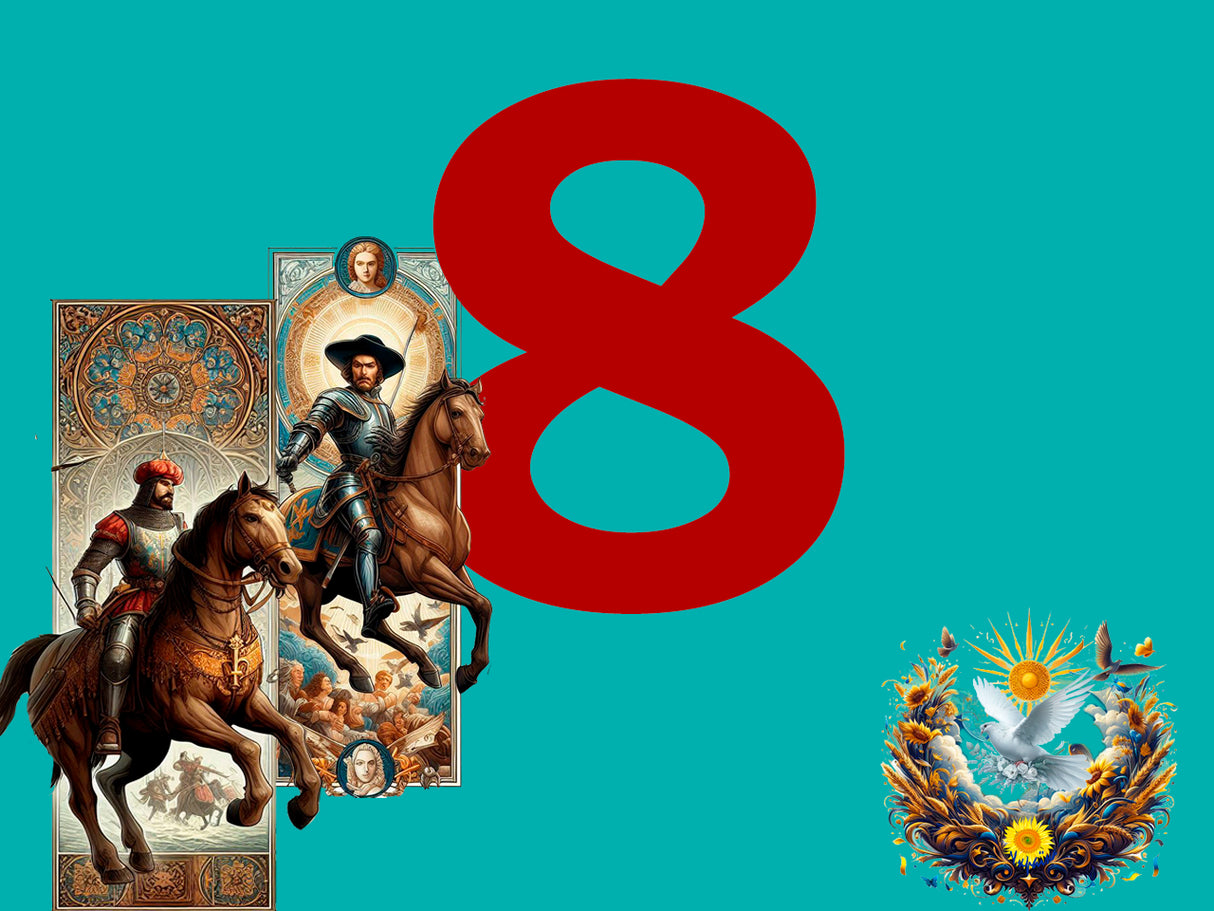World History Grade 8. The Age of Enlightenment. Collection 1
 Intermediate
Intermediate
 Course
Course
 6 hours
6 hours
World History Grade 8. The Age of Enlightenment. Collection 1 is backordered and will ship as soon as it is back in stock.
What is Unibot?
What is Unibot?
Unibot is a platform for educational systems that combines an administration panel and a chatbot. It allows you to easily upload data, customize chatbots without programming, and manage courses. It supports multilingual bots, content management, and optimized resource utilization for efficiency. The platform makes educators' work easier by automating repetitive tasks. Different pricing plans are available, from basic to premium, which differ in the number of supported bots, languages, messages, and other features.
More information
Embark on an enlightening journey through the transformative 18th century! Our "World History Grade 8: The Age of Enlightenment. Collection 1" course offers an engaging learning experience that explores the intellectual, political, and industrial changes that shaped modern society. Through interactive lessons, quizzes, and immersive activities, students will delve into the era of Enlightenment, early industrial revolution, and major global transformations.
Why choose our course:
- Interactive quizzes and tests: Test your knowledge and reinforce learning with engaging and challenging quizzes.
- Interactive exercises: Develop critical thinking and research skills through interactive exercises and activities.
- Expertly crafted content: Developed by experienced educators to ensure high-quality and effective learning.
- Focus on historical analysis: Encourage students to analyze historical events, interpret primary sources, and develop their own perspectives.
Course Module
Module 1: The Age of Enlightenment.
- § 26 Beginning of the Industrial Revolution
- 1. Prerequisites of the Industrial Revolution
- 2. The start of the Industrial Revolution
- 3. The impact of the Industrial Revolution on societal development
- QUESTIONS AND TASKS
- § 27 The Enlightenment
- 1. Origins and main ideas of the Enlightenment
- 2. Encyclopedists. Freemasonry
- 3. Classicism
- 4. Enlightened absolutism
- QUESTIONS AND TASKS
- § 28 The Habsburg Monarchy. The Kingdom of Prussia
- 1. The Habsburg Monarchy
- 2. Enlightened absolutism reforms of Maria Theresa and Joseph II
- 3. The Kingdom of Prussia
- QUESTIONS AND TASKS
- § 29 The Russian Empire
- 1. Domestic and foreign policy of Elizabeth I
- 2. Domestic policy of Catherine II
- 3. Foreign policy of Catherine II
- QUESTIONS AND TASKS
- § 30 International relations
- 1. Contradictions and conflicts in international relations
- 2. The Seven Years' War
- 3. Partitions of the Polish–Lithuanian Commonwealth
- 4. Beginning of the struggle for the Ottoman legacy
- QUESTIONS AND TASKS
- § 31 British colonies in North America. The War of Independence. The formation of the USA
- 1. British colonies in North America. Formation of the American nation
- 2. Escalation of tensions between the metropolis and the colonies
- 3. The War of Independence. Declaration of Independence
- 4. The Constitution of the USA
- QUESTIONS AND TASKS
- § 32 Practical work. European states and the USA during the Age of Enlightenment
Expected Learning Outcomes
- Knows the timeline of the Age of Enlightenment, the beginning of the Industrial Revolution, and the War of Independence of the USA;
- Knows the dates of the adoption of the Declaration of Independence of the USA and the Constitution of the Polish–Lithuanian Commonwealth;
- Understands the significant impact of the Industrial Revolution on the economic structure (industrial development) and social structure (growth and role of hired labor), living standards, and everyday life;
- Knows key concepts such as "Industrial Revolution," "Enlightened absolutism," and "Freemasonry."
- Can arrange in chronological order the events of the Industrial Revolution, the Enlightenment era, and the US War of Independence;
- Can trace changes on the political map of the world during the 18th century;
- Can identify transformations in everyday life in Europe as a result of industrial and ideological shifts;
- Can explain the causes and consequences of reforms by Maria Theresa and Joseph II (Habsburg Monarchy), Frederick II (Prussia), and Catherine II (Russian Empire);
- Can identify the causes and results of the War of Independence and the formation of the USA.
-
Genre
-
Target audience
-
Language version
-
Subject area
-
Recommended age group
-
Course time
-
Book author
-
Author Collection



